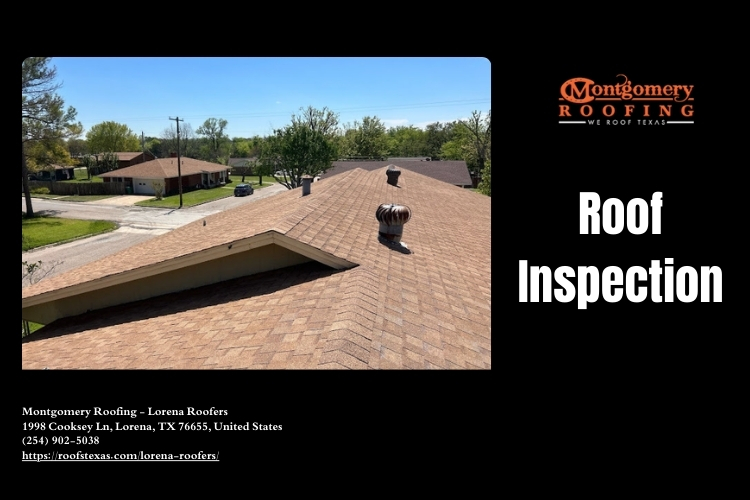When it comes to home maintenance, one of the most critical yet overlooked aspects is your roof. Often considered as just an overhead shield, roofs endure a myriad of weather conditions that can significantly affect their longevity. In this article, we will delve into Understanding the Impact of Weather on Your Roof’s Longevity and how various weather elements contribute to wear and tear. From sunshine to storms, each weather phenomenon leaves its mark in unique ways.
Understanding the Impact of Weather on Your Roof’s Longevity
Roofs are designed to protect us from the elements, but they themselves are not immune to damage caused by severe weather. Understanding how different types of weather impact roofing materials can help homeowners make informed decisions regarding maintenance and repair.
Sunlight and UV Rays: The Silent Deteriorators
The Role of UV Radiation
Ultraviolet (UV) rays are often underestimated when considering roof longevity. Prolonged exposure to sunlight causes roofing materials, especially asphalt shingles, to deteriorate over time. This deterioration can lead to Local roofing contractors near me fading, cracking, or even complete failure.
- Impact on Different Materials: Asphalt Shingles: UV exposure breaks down the oils in shingles, leading to brittleness. Metal Roofs: While more resilient, prolonged exposure can cause fading and corrosion if not properly coated.
Ways to Protect Against UV Damage
Use UV-resistant materials: When installing a new roof, consider materials with built-in UV resistance. Regular Inspections: Check for signs of wear regularly; early detection can save you significant costs.Rainfall: The Double-Edged Sword
How Rain Affects Your Roof
Rain may seem harmless compared to other elements; however, it can be quite damaging if your roof isn't adequately maintained. Water pooling or leaks can lead to significant structural damage and mold growth.
- Effects on Different Roofing Types: Flat Roofs: More susceptible to water pooling. Sloped Roofs: Effective at directing water away but still vulnerable at seams and valleys.
Preventative Measures Against Rain Damage
Gutters & Downspouts: Ensure these are clear and functioning correctly. Regular Maintenance: Inspect flashings and seals around chimneys or vents for any wear or cracks.Windstorms: The Ruthless Assailants
Understanding Wind Damage
High winds can be devastating for roofs, particularly in storm-prone areas. They can lift shingles or tiles off your roof entirely or create openings for water infiltration.

" width="560" height="315" frameborder="0" allowfullscreen>
- Vulnerable Areas: Ridge Caps Eaves Flashing
Mitigation Strategies Against Wind Damage
Secure Installations: Opt for roofing systems specifically designed for high-wind areas. Regular Inspections After Storms: Always inspect your roof after a windstorm for any missing parts.Snow and Ice: The Heavyweights
The Weight Factor
Accumulating snow may seem picturesque but poses a heavy load on roofs that could lead to structural failure if not managed correctly.

- Ice Dams: Melting snow that refreezes at eaves creates ice dams that block drainage paths; this leads to leaks inside homes.
Preventive Actions Against Snow and Ice Damage
Roof Rakes: Maintain snow levels by using a roof rake during winter months. Insulation Improvements: Proper attic insulation helps prevent heat loss that contributes to ice dam formation.Temperature Extremes: The Silent Killers
Effects of Freezing Temperatures
In colder climates, fluctuating temperatures cause roofing materials to expand and contract frequently leading to cracks over time.
- Expansion & Contraction Cycle: Asphalt Shingles become brittle Metal roofs may warp
Preventative Tips Against Temperature Extremes
Choose Adaptive Materials: Select materials that handle temperature fluctuations well. Regular Inspections: Check for cracks during seasonal transitions.Humidity Levels: The Unsung Threats
Humidity's Role in Roofing Longevity
High humidity levels encourage mold growth which can compromise roof integrity over time.
- Mold Effects: Degrades roofing material Causes health issues within homes
Strategies for Humidity Management
Proper ventilation systems will help mitigate excess moisture buildup in attics. Regular inspections should include checks for mold growth in hidden areas.FAQs About Weather's Impact on Roofing
How often should I inspect my roof? Regular inspections at least twice a year are recommended, plus after severe weather events.
What roofing material lasts the longest? Metal roofs typically offer longer lifespans compared to asphalt shingles due to their durability against various weather conditions.
Can I DIY my roof maintenance? While minor tasks like cleaning gutters can be DIY-friendly, it's best left to professionals for substantial repairs or inspections.
How do I know if my roof needs replacement? Signs include missing shingles, extensive granule loss from asphalt shingles, leaks inside your home, or sagging areas in your ceiling.
Do all roofing contractors offer warranties? Most reputable contractors provide some form of warranty; always ask about coverage before hiring!
Are there affordable options for roofing services? Yes! Search online for “affordable roofing contractors near me” or check local listings for budget-friendly options without compromising quality.
Conclusion
Understanding the impact of weather on your roof’s longevity is crucial for maintaining its integrity long-term. Regular maintenance coupled with awareness about environmental factors ensures that your home remains safe from potential disasters stemming from compromised roofing structures.
Contact Us
Montgomery Roofing - Lorena Roofers
Address: 1998 Cooksey Ln, Lorena, TX 76655, United States
Phone: (254) 902-5038
" width="560" height="315" frameborder="0" allowfullscreen>
By keeping a close eye on the various impacts weather can have on your roof and implementing preventive measures accordingly—alongside consulting with local experts like Montgomery Roofing—you'll significantly enhance the lifespan of your home's most vital protective structure!
